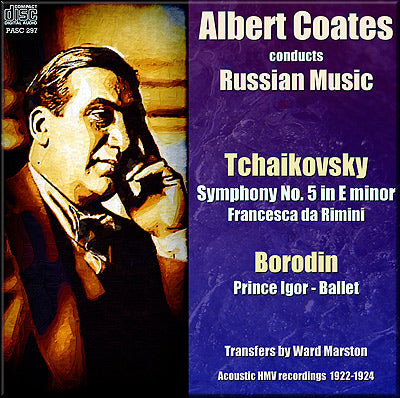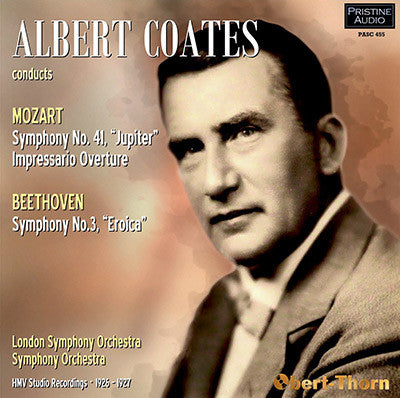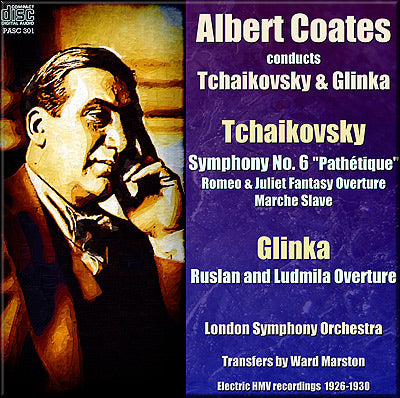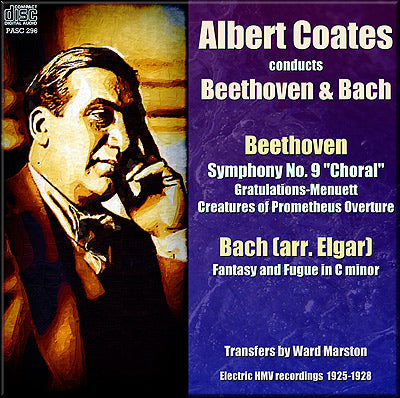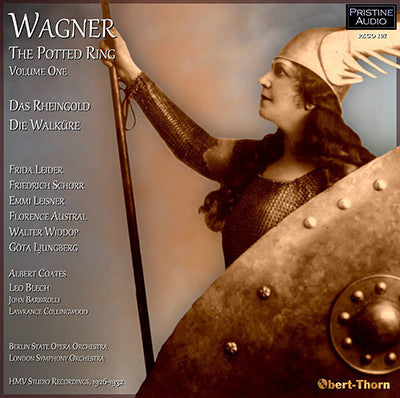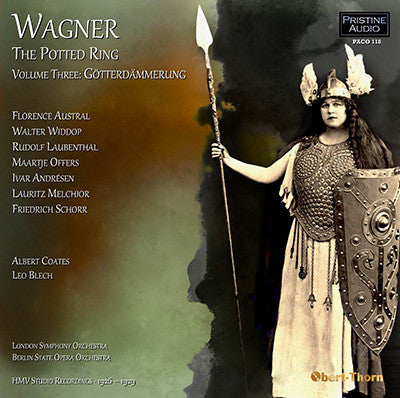London Symphony Orchestra
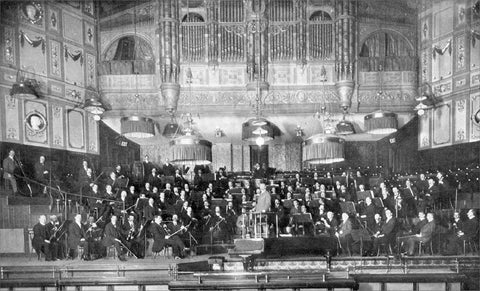
The LSO underwent periods of eclipse in the 1930s and 1950s when it was regarded as inferior in quality to new London orchestras, to which it lost players and bookings: the BBC Symphony Orchestra and the London Philharmonic in the 1930s and the Philharmonia and Royal Philharmonic after the Second World War. The profit-sharing principle was abandoned in the post-war era as a condition of receiving public subsidy for the first time. In the 1950s the orchestra debated whether to concentrate on film work at the expense of symphony concerts; many senior players left when the majority of players rejected the idea. By the 1960s the LSO had recovered its leading position, which it has retained subsequently. In 1966, to perform alongside it in choral works, the orchestra established the LSO Chorus, originally a mix of professional and amateur singers, later a wholly amateur ensemble.
As a self-governing body, the orchestra selects the conductors with whom it works. At some stages in its history, it has dispensed with a principal conductor and worked only with guests. Among conductors with whom it is most associated are, in its early days, Hans Richter, Sir Edward Elgar, and Sir Thomas Beecham, and in more recent decades Pierre Monteux, André Previn, Claudio Abbado, Sir Colin Davis, and Valery Gergiev.
Since 1982, the LSO has been based in the Barbican Centre in the City of London. Among its programmes there have been large-scale festivals celebrating composers as diverse as Berlioz, Mahler and Bernstein. The LSO claims to be the world's most recorded orchestra; it has made gramophone recordings since 1912 and has played on more than 200 soundtrack recordings for the cinema, of which the best known include the Star Wars series.

London Symphony Orchestra
TCHAIKOVSKY - Symphony No. 5
TCHAIKOVSKY - Francesca da Rimini
BORODIN - Prince Igor - Ballet
Acoustic HMV recordings 1922-1924
Total duration: 68:50
The Symphony Orchestra
Albert Coates, conductor
MOZART Symphony No. 41
MOZART The Impressario, Overture
BEETHOVEN Symphony No. 3
HMV Studio Recordings ∙ 1926 – 1927
Total duration: 71:42
London Symphony Orchestra
"Symphony Orchestra"
TCHAIKOVSKY March Slave
TCHAIKOVSKY Romeo and Juliet Fantasy Overture
GLINKA Ruslan and Lyudmila Overture
Electric HMV recordings 1926-1930
Total duration: 74:46
London Symphony Orchestra
BACH (arr Elgar) - Fantasia and Fugue in C minor
BEETHOVEN - Gratulations-Menuett
BEETHOVEN The Creatures of Prometheus - Overture
BEETHOVEN Symphony No. 9 'Choral'
TCHAIKOVSKY - Symphony No. 5
TCHAIKOVSKY - Francesca da Rimini
BORODIN - Prince Igor - Ballet
MOZART - Symphony No. 41, 'Jupiter'
MOZART - Der Schauspieldirektor - Overture
BEETHOVEN - Symphony No. 7
TCHAIKOVSKY Symphony No. 6, "Pathétique"
TCHAIKOVSKY March Slave
TCHAIKOVSKY Romeo and Juliet Fantasy Overture
GLINKA Ruslan and Lyudmila Overture
RIMSKY-KORSAKOV Coq d'Or - suite
STRAVINSKY Firebird Suite
RAVEL Ma Mère l'Oye - Suite
Music by Glinka, Liadov, Debussy
STRAVINSKY Petrushka Ballet
BORODIN Prince Igor - excerpts
RIMSKY-KORSAKOV Czar Sultan - Suite
RIMSKY-KORSAKOV May Night - Overture
MUSSORGSKY Khovanshchina: Persian Dances
Save 5% when you buy this set
Das Rheingold
Die Walküre
Studio recordings, 1926-32
Total duration: 2hr 33:07
Florence Austral ∙ Walter Widdop ∙ Göta Ljungberg
Albert Coates ∙ Leo Blech, conductors
WAGNER The Potted Ring - Volume 3: Götterdämmerung, Motives and Extras
Studio recordings, 1926-31
Total duration: 2hr 23:59 and 60:30
Rudolf Laubenthal ∙ Maartje Offers ∙ Ivar Andrésen
Lauritz Melchior ∙ Friedrich Schorr
Götterdämmerung: Albert Coates ∙ Leo Blech
Appendix: Lawrance Collingwood ∙ Leo Blech ∙ Karl Muck

